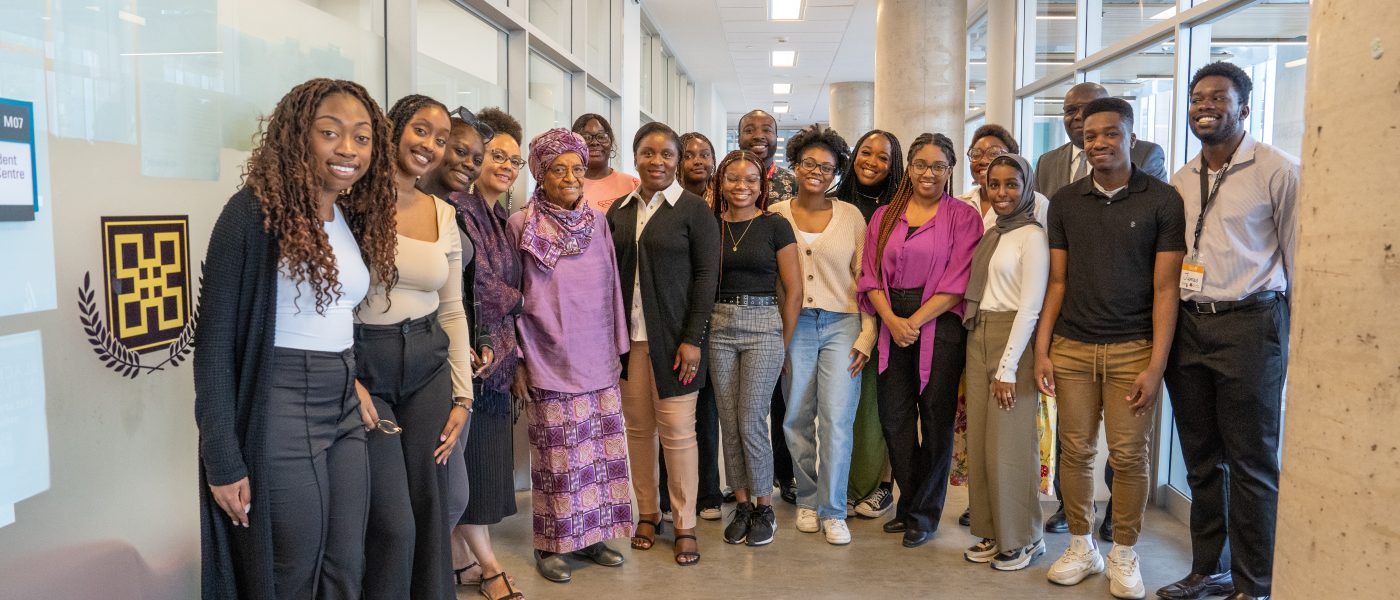Resource Listing
WEBSITE
Black Student Success Center (BSSC)
Black students across Canadian universities sometimes feel isolated on campuses and are less likely to access student support services. The BSSC exists to connect Black students to the programs, people, and resources that will nurture their academic and personal growth. Our programmes and services focus on building a sense of belonging and safety amongst McMaster’s Black students.
WEBSITE
The undergraduate Interdisciplinary Minor in Africa and Black Diaspora Studies (ABLD)
The undergraduate Interdisciplinary Minor in Africa and Black Diaspora Studies (ABLD)* is made up of courses spanning across more than 15 departments. It provides students with in-depth understanding of African and African/Black-diaspora peoples and societies around the world. A minimum of 24 eligible units, with no more than 6 Level I units, are required for the completion of this minor. Those wishing to learn more about Africa and Black diasporas without pursuing a minor may also choose to enroll in individual courses listed in AADS minor
WEBSITE
Equity and Inclusion Office (EIO)
The Equity and Inclusion Office (EIO) is a central resource where expertise is proactively drawn upon by administrators, faculty, staff, and students: to advance unit-specific and institutional equity, diversity, inclusion, and accessibility goals; to enact inclusive excellence principles; and to establish respectful living, learning, and working environments that are free from harassment and discrimination, and sexual violence including through timely and procedurally fair investigative and alternative dispute resolution processes.
WEBSITE
President’s Advisory Committee on Building an Inclusive Community (PACBIC)
President’s Advisory Committee on Building an Inclusive Community (PACBIC) identifies and anticipates issues affecting equity-seeking communities (including but not limited to First Nations, Métis and Inuit persons, members of racialized communities, newcomers and refugees, members of diverse faith communities, persons with disabilities, LGBTQ-identified individuals, and women) both within the University and relevant to those seeking access to the University, and advise the President on such issues.

